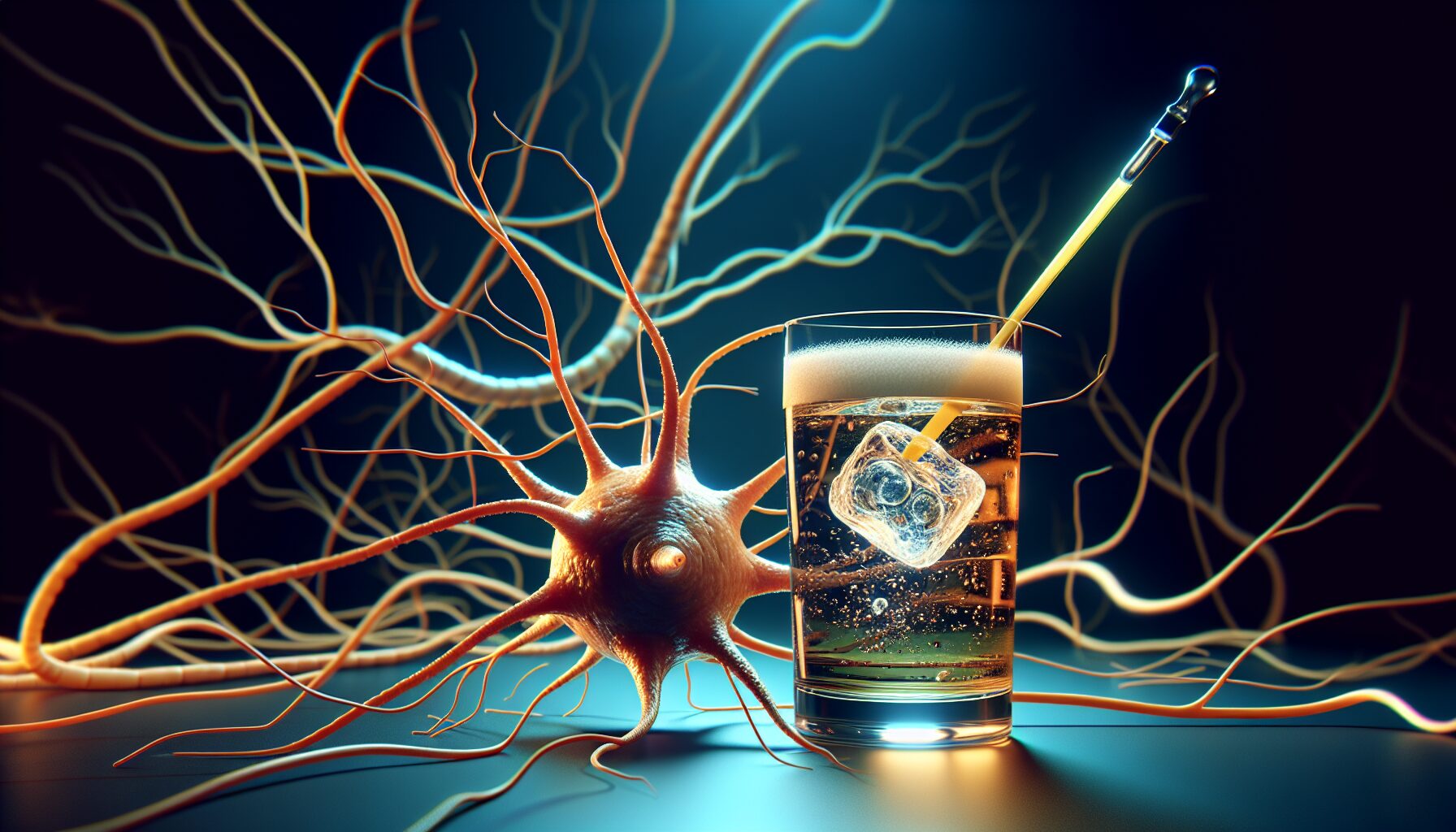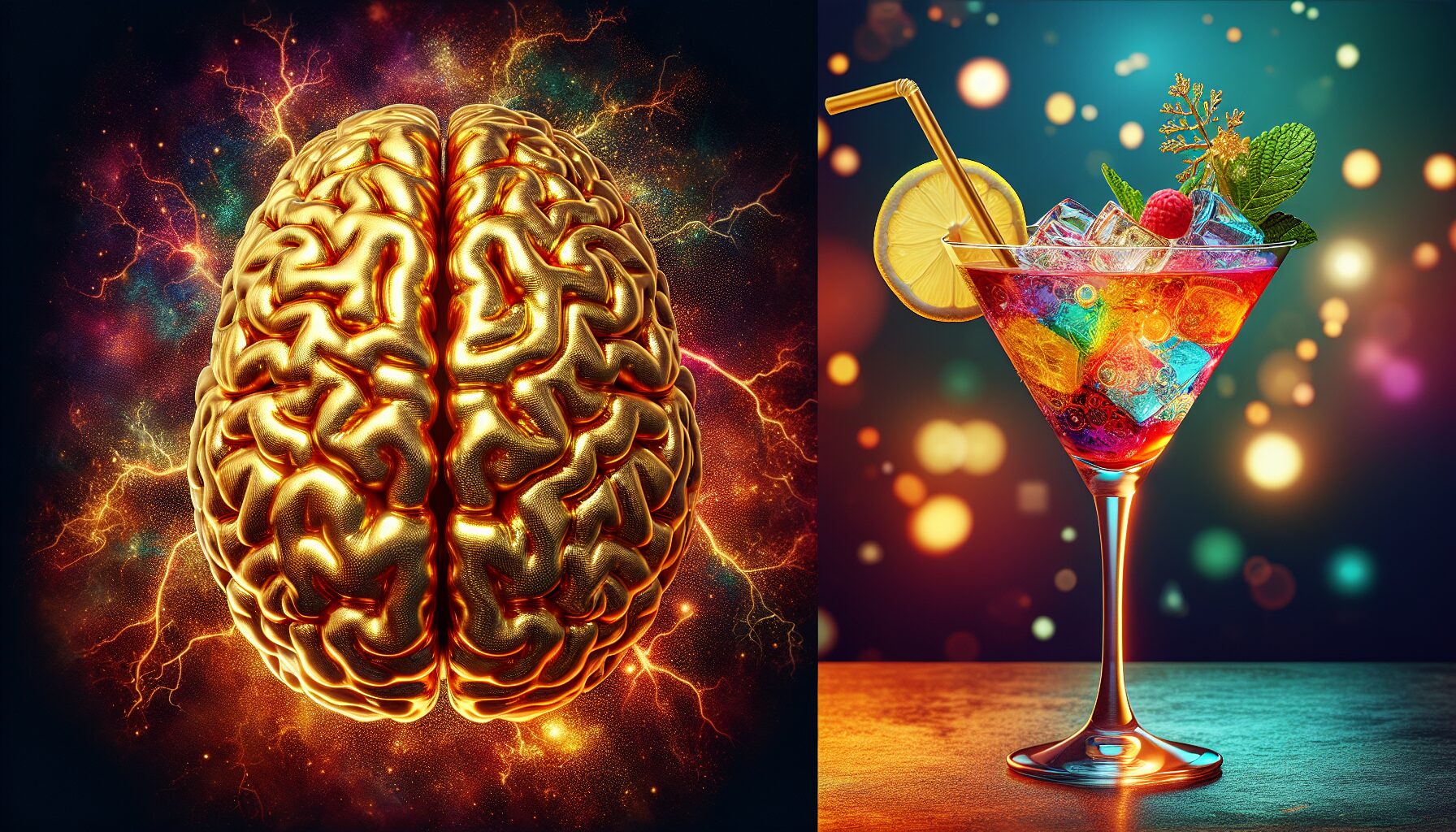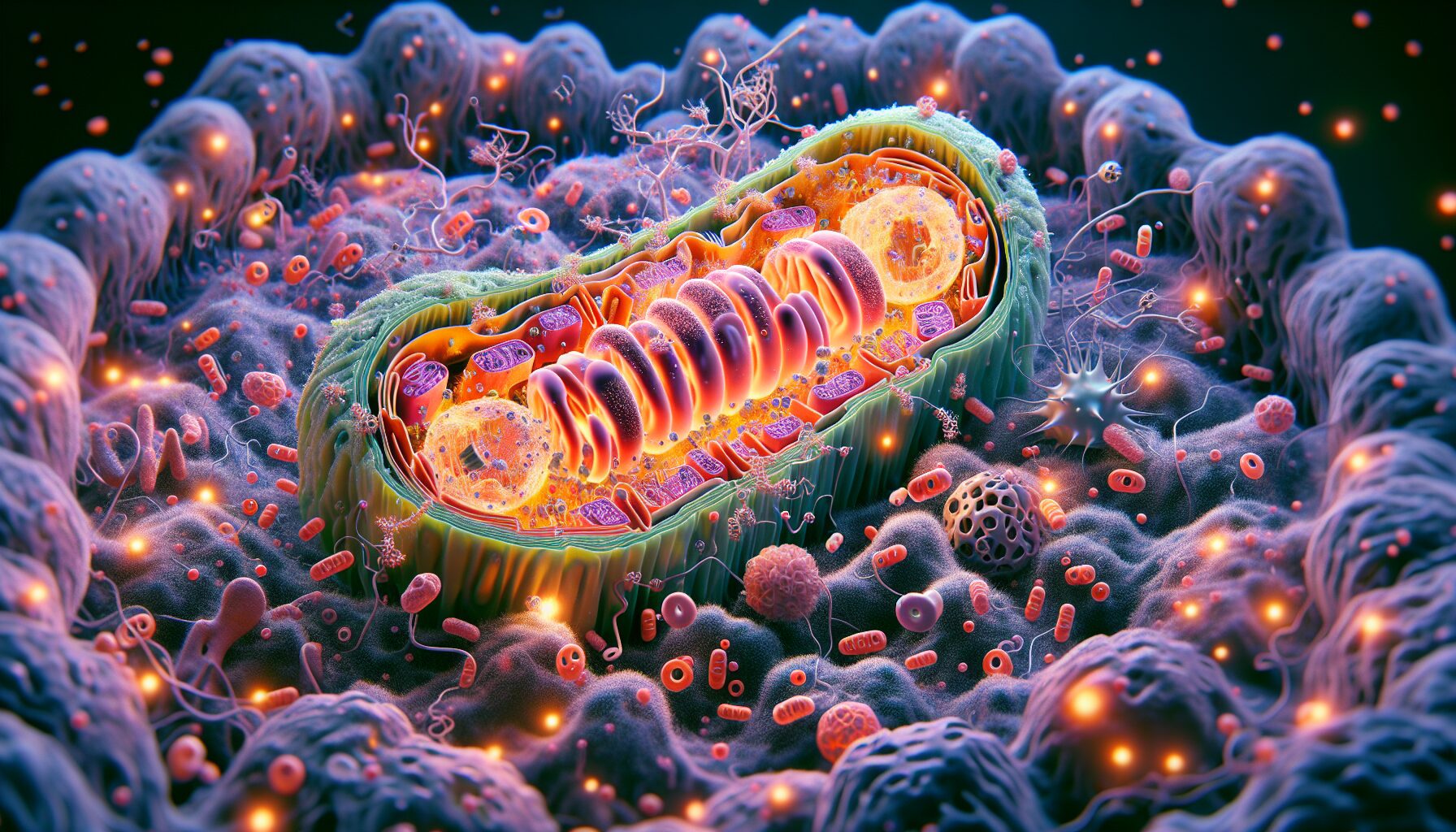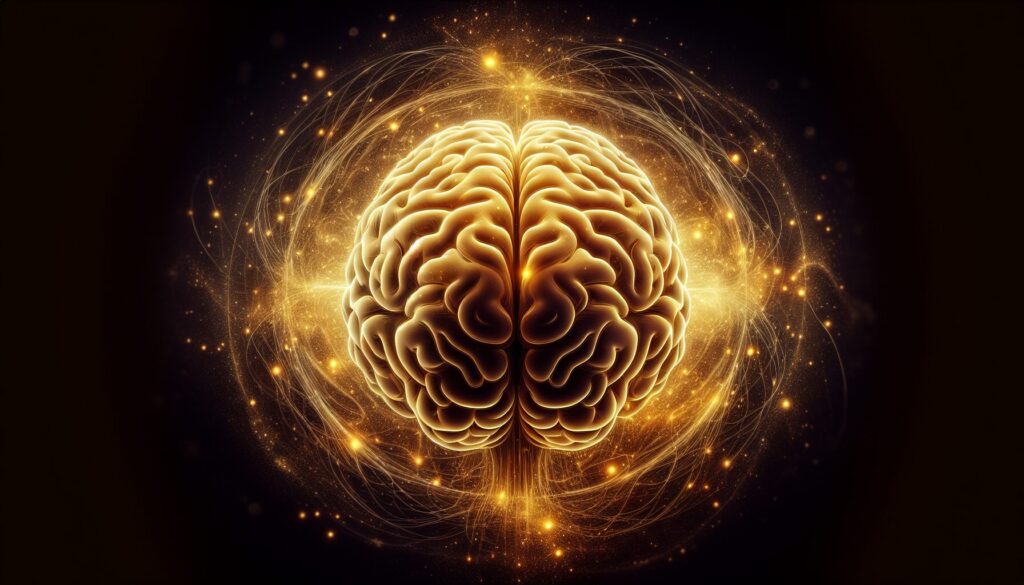
Alcohol Brain Damage: Major Links To Neurodegeneration
The excess consumption of alcohol is linked to negative impacts on our health, including issues such as brain damage. Alcohol negatively effects multiple organ systems and can contribute to various diseases. While ancient cultures needed to consume mildly alcoholic drinks as a source of water to survive, the costs of alcohol misuse in society today are eyewatering.
There are socio-cultural pressures to excessive alcohol consumption in today’s societies, with consequences that many aren’t aware of. Alcohol causes progressive toxicity in the liver, can accelerate cellular ageing and can also create conditions for the development of diabetes.
Our brains are susceptible to cell stresses, such as those caused by excessive alcohol consumption, which can lead to a higher risk of developing neurodegenerative conditions. A neurodegenerative condition is where the overall ability of the brain is reduced. This is partially because the brain is deprived of major antioxidants compared to other body organs.
Recent research has heavily linked chronic alcohol consumption with the development of neurodegenerative conditions such as Alzheimer’s or dementia. These diseases develop and worsen through inflammatory free radical accumulation in the brain. About 70% of individuals with chronic alcohol use disorder also have an amount of secondary brain damage. Many of these negatively influence cognitive or memory functioning.
This article will consider the major links between alcohol and brain damage, for you to consider the health impacts of your alcohol intake.

Alcohol Caused Oxidative Stress
Alcohols are inflammatory substances to humans by nature. As a toxin, with dose worsening effects, the body must convert alcohol to non-toxic by products. It does this in the liver using alcohol dehydrogenase and this is why many alcoholics suffer from liver diseases. This can be a hereditary or inherited trait, with some people more or less susceptible to alcoholic damage than others.
Excess alcohol causes oxidative stress within the body, especially to brain cells or neurones. This is through its toxic influence on cells, which are forced to metabolise alcohol and leads to the generation of free radicals. Free radical molecules have unstable structures. They have an unstable energy that needs to be released. They are not bothered about where this energy is released, whether that is in the brain or the liver. As a result, they can cause serious damage to essential parts of your body. This can include fatty cell membranes, which are essential to brain functioning, or DNA. Injuries to cells, fatty acids or lipid peroxidation requires nutrients to restore optimal functioning. This is a costly process for the body. Oxidative DNA damage can lead to the development of cancer, which is a more serious matter.
Oxidative radical damage is inflammatory. It causes severe cell stress and requires emergency recovery responses from the body. While inflammatory oxidative stresses can be managed with nutrient intake, including antioxidants, inflammatory damage can accumulate. Accumulative inflammation to the brain over a long time period causes neurodegenerative conditions, like Alzheimer’s or Parkinson’s. Key brain cells are unable to recover and can die off from excessive damage. Neurodegenerative conditions can of course be caused by the excessive consumption of alcohol, which is a known cause of larger scale brain cell injuries and damage. This is why alcohol is a recognised neurotoxin.
Alcohol And Brain Fatty Acids
We’ve mentioned how alcoholic inflammatory damage to cellular fatty acids requires nutrients to recover and how this can then cause brain cell damage. However, the development of neurodegenerative diseases may be more heavily linked to this particular action than you may think.
Fatty acids are so important in the brain. They play a key role in the speed of brain message communications and are also a fundamental structural part of the brain. Studies show that healthy fatty acids, such as DPA and EPA, are able to prevent neurotoxicity and the development of neurodegenerative diseases. Oxidative stress and damage to brain fatty acids, heavily initiated by excess alcohol consumption, may therefore be critical in the development of diseases such as dementia or Alzheimer’s.
Alcohol Effects On Autophagy
As an inflammatory substance, alcohol is the opposite of an antioxidant. We have discussed how it induces oxidative stress on the brain, with health consequences, but this isn’t the end of its effects in the brain or body.
Elevated oxidative stress also impairs autophagy, which worsens the oxidative stress levels in the body and causes mitochondrial dysfunction.
Autophagy is an important process where the body clears itself of damaged proteins and cell parts. Neurotoxic and proinflammatory proteins can also accumulate with the oxidative stress that occurs with excess alcohol use. This inflammatory oxidative process directly causes neuroinflammation in addition to the original oxidative stress caused by alcohol.
If an entire cell is busted with serious DNA damage, autophagy is initiated. Here autophagy activation could prevent a cancer from developing. Autophagy minimises serious oxidative damage but is energetically costly.
Normal levels of autophagy are required for the optimal health of our brain cells. Alcoholic disruptions to this process can cause worsening inflammatory damage and the development of neurodegenerative diseases.

Alcohol Effects On Mitochondrial Responses
Your mitochondria are important for healthy energy production, tissue recovery and also tissue growth. Mitochondrial issues also worsen stress and oxidative stress responses in the body. Oxidative stress, or too high free radical production, from excessive alcohol use can cause major inflammatory issues and cell death because of mitochondrial malfunction. This has the potential to cause systemic issues in the body and this is as a direct result of excessive alcohol consumption.
The negative effects of excessive alcohol consumption on both mitochondrial health and autophagy can cause additional oxidative stress to brain cells. Through these means, excess alcohol consumption would trigger brain cell damage. This then gives an added long-term risk of developing neurodegenerative diseases such as dementia, as an additional negative feedback to alcohol’s original oxidative damage to the brain. This is predicted by studies with alcohol, showing how alcohol related mitochondrial dysfunction is also related to ageing and age-related degenerative diseases.
Studies Linking Excess Alcohol With Brain Degenerative Diseases
There are many clinical studies that have shown a direct influence of alcohol on the development of brain degenerative diseases. Studies suggest that alcoholic neurodegeneration from regular misuse of alcohol occurs to many different regions of the brain. Heavy alcohol misuse causes massive loss to cerebral white matter, or brain cells. Other studies have indicated that alcohol use changes neuronal brain structure and causes systemic damage to brain neurones. Studies have concluded that a lot of this is due to inflammatory damage to cells and other consequential disruptions to cellular functioning.
We have mentioned the mitochondria and energy production. Thiamine deficiency in the brainstem, a key energy system regulating B vitamin, can result in severe injuries to the brain. Again, this has consequences to the development of neurodegenerative diseases. The cerebellum, muscles and outer sensory nervous system are also particularly vulnerable to chronic alcohol use. Although, all cells within the nervous system are vulnerable to the toxic nature of alcohol. Alcoholic abstinence can help the brain to return to its normal brain structure and function, as intended by nature.
Studies with animals show that elephants are less able to cooperate socially when they have consumed alcohol. Which is quite alarming and much of this is to do with active memory formation. These sorts of neurotoxic effects may explain some of the detrimental effects of alcohol to society. Alcohol misuse and the promotion of alcoholism may be directly responsible for more negative social effects than we think, as a direct result of its influence on the brain. These strong effects on the brain also present evidence as to how primitive societal relations are in animals and humans.
Taken together, it is quite clear from research that excess alcohol consumption has the potential to cause lasting damage to the brain.

Summary
While alcohol consumption has become a major part of modern society, many are not aware of the cellular and brain damage caused by excessive alcohol consumption. Alcohol negatively effects various organ systems, with a progressive toxicity, that can create conditions that can cause the development of diabetes.
The brain is particularly sensitive to alcohol related neurodegeneration, being deprived of a regular antioxidant supply. Recent research has heavily linked chronic alcohol consumption with neurodegenerative conditions such as Alzheimer’s or dementia.
Excess alcohol consumption causes oxidative stress within the body. This has detrimental effects on brain cells or neurones. Alcohol is a toxin, forcing cells to metabolise alcohol and leads to the generation of free radicals. These molecules can cause neurodegenerative damage in the body that effects DNA and cellular fatty acids. Fatty acids are essential to cognitive functioning. Studies show that healthy levels of DPA and EPA are preventative for neurodegenerative diseases. Restoring normal neurone activity requires nutrients and some nerve cells can die from excess alcohol intake.
Excessive oxidative stress from alcohol consumption can impair mitochondrial activity and autophagy, which leads to further oxidative stress. This causes further and more serious damage to tissues. Increased oxidative stress, as with alcohol consumption, can also increase cellular ageing.
Clinical studies show that chronic and excessive alcohol consumption can cause damage to the brain. This includes inflammation induced loss of white matter and neurone loss. Studies also show that alcohol use disrupts social cooperation.
As an inflammatory substance, alcohol is the opposite of an antioxidant. It induces oxidative stress on the brain and has the potential to cause brain damage.
For more interesting articles, see the main articles page below.





